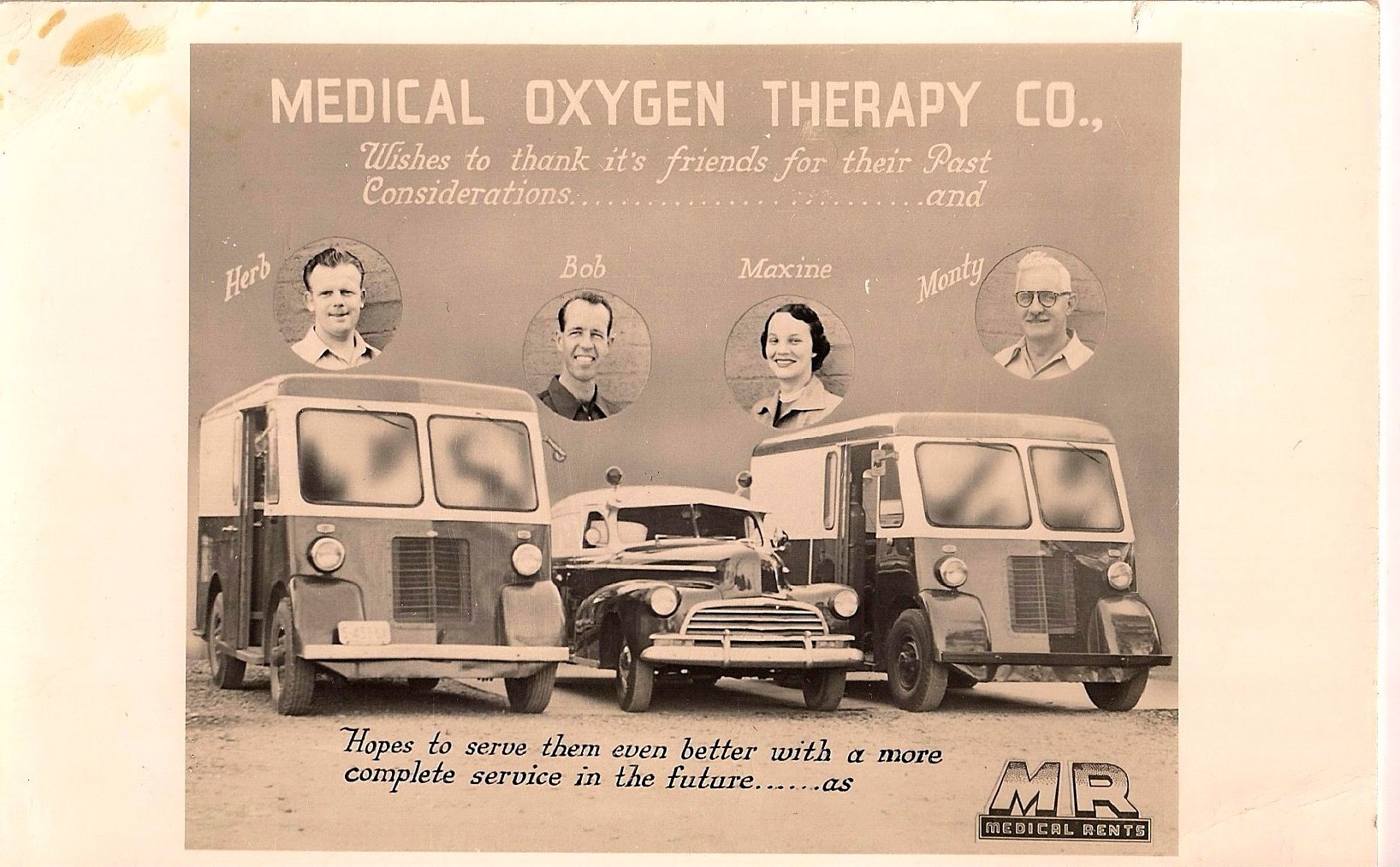Fed Ex, UPS, and the US Postal Service have consistent, easily identifiable, and even iconic delivery vehicles. Pizza delivery vehicles often sport magnetic signs and/or rooftop billboards identifying the vehicle as part of their organization. And who hasn’t seen an Edible Arrangements truck cruising down the highway? This “branding” serves several useful purposes including marketing an organization. Delivery vehicles have been part of home medical equipment services since the inception of the industry. Be it a large truck from an industrial gas company, a cargo van, open pickup truck, or even a small, gas efficient compact car, delivery vehicles are an integral part of any DME organization.
HQAA Blog
Delivery Vehicles & Accreditation: Everything You Need to Know
Topics: HQAA Accreditation, HME Accreditation Requirements, Compliance, Delivery
It might surprise some readers to learn that there are enough rules and regulations, quirks and nuances, and potential problems to devote an entire blog article to a topic limited to “oxygen orders”. The fact is that oxygen orders are a complex enough issue to devote an article to, and more importantly, for your company to devote resources including training time --toward the goal of compliance.
Topics: Employee Training, HME Accreditation Requirements, Compliance, Clinical Practice Guidelines, Delivery, Oxygen
What to Expect During an Accreditation Survey
Companies going through an accreditation process usually experience at least some degree of anxiety. The importance of achieving and maintaining accreditation is often “life and death” to an organization—lose it and you may not be able to continue billing or receive referrals from a payer or a referral source. If it’s the first time you’re going through the process, you can also add the fear of the unknown to that equation. Add these factors together and you have a combination that can cause a lot of stress!
Topics: Renewing Accreditation, Quality Standards, HQAA Accreditation, HME Accreditation Requirements, Compliance, Avoiding Deficiencies
The nature of accreditation is that a company embraces a continuous quality improvement methodology and operates its business in compliance with laws, regulations, and industry best practices to the best of its ability. Accreditation is a journey not just a destination – a journey full of learning opportunities, education, and revision and tweaking of your company’s processes and procedures.
That process doesn’t lend itself well to quick “punch lists” and it is not advisable to look for shortcuts along the journey. However,
Topics: Quality Standards, HQAA Accreditation, HME Accreditation Requirements, Compliance, Avoiding Deficiencies
Helping Your Customers Understand Their Financial Responsibility
HME organizations struggle with the concept and implementation of informing their customers of their financial responsibilities. This area of patient rights is often misunderstood and sometimes poorly implemented by organizations. To establish an effective procedure and mindset for your staff and to serve your customers appropriately, it is important to understand the rationale for this right and requirement.
Topics: Billing, HME Accreditation Requirements, Compliance
Organizations are sometimes surprised to find out that surveyors look at various state and federal laws along with accreditation standards during the survey. The fact of the matter is that law and regulation overlaps accreditation standards in many ways and in many places. In fact, many accreditation standards have their basis in law and regulation. Standard ORG 2 states that an organization willdemonstrate compliance with “all required federal, state, and local licenses, permits, certifications, and registration requirements”. It also references compliance with Medicare enrollment standards, meaning that you must comply with the Quality Standards, which were the basis for all accreditation standards. Essentially, what ORG 2 says is that you must follow all applicable law and regulation.
Topics: Quality Standards, HQAA Accreditation, HME Accreditation Requirements, Compliance
“Ride Alongs:” A Useful Tool for Your Company
“Ride alongs” are home visits that are performed with a new orientee or current staff member where an evaluator rides along to teach and observe the staff member performing the visit. These visits are typically done during orientation/training and on an on-going basis for competency assessment. These visits ensure that all of job-related tasks are being performed in a correct manner while the staff member is unsupervised in the field.
Topics: HIPAA, Quality Standards, HME Accreditation Requirements, Patient Privacy, Quality Care, Delivery, Competence
Retail Showrooms & Your Accreditation Survey
Home medical equipment companies frequently mention that it seems that the majority of survey (inspection) activity takes place in equipment storage, cleaning, and warehouse areas, as well as out in the field during “ride-alongs” to observe patient interactions with staff.HME staff is sometimes caught by surprise when the surveyor turns their attention to the retail showroom during the inspection. Why would a surveyor want to look at a retail showroom and what accreditation standards apply in that setting?
Topics: HME Accreditation Requirements, Compliance, Avoiding Deficiencies, Showroom, Retail
Consumers have come to expect confidentiality and privacy in all business transactions today, whether on line or in retail establishments. Healthcare is no exception and patient/customers are now protected by HIPAA (the Healthcare Insurance Portability and Accountability Act of 1996). Consumers who have received any healthcare service in a hospital, doctor’s office, medical lab, or pharmacy have been exposed to some education about HIPAA. Medical equipment companies are no different and have some unique issues to plan and prepare for to comply with this complex regulation and the even more fundamental patient right to privacy and confidentiality.
Topics: Employee Training, HIPAA, Security, HME Accreditation Requirements, Patient File Requirements, Compliance, Patient Privacy
4 Easy Steps to Ensure Your Warehouse Meets HME Accreditation Standards
Say the word “warehouse” and many people conjure up images of a dark, dusty, damp place with rows of equipment and boxes piled to the ceiling.
A home medical equipment company’s warehouse certainly can be the source of problems, deficiencies with standards, safety hazards, and infection control issues. But with just a little planning, some elbow grease, and a bit of ongoing monitoring, you can turn your warehouse into a clean, safe, even pleasant environment that improves operational efficiencies and helps your employees do their job well.
Topics: Quality Improvement, HME Accreditation Requirements, Avoiding Deficiencies, Warehouse











